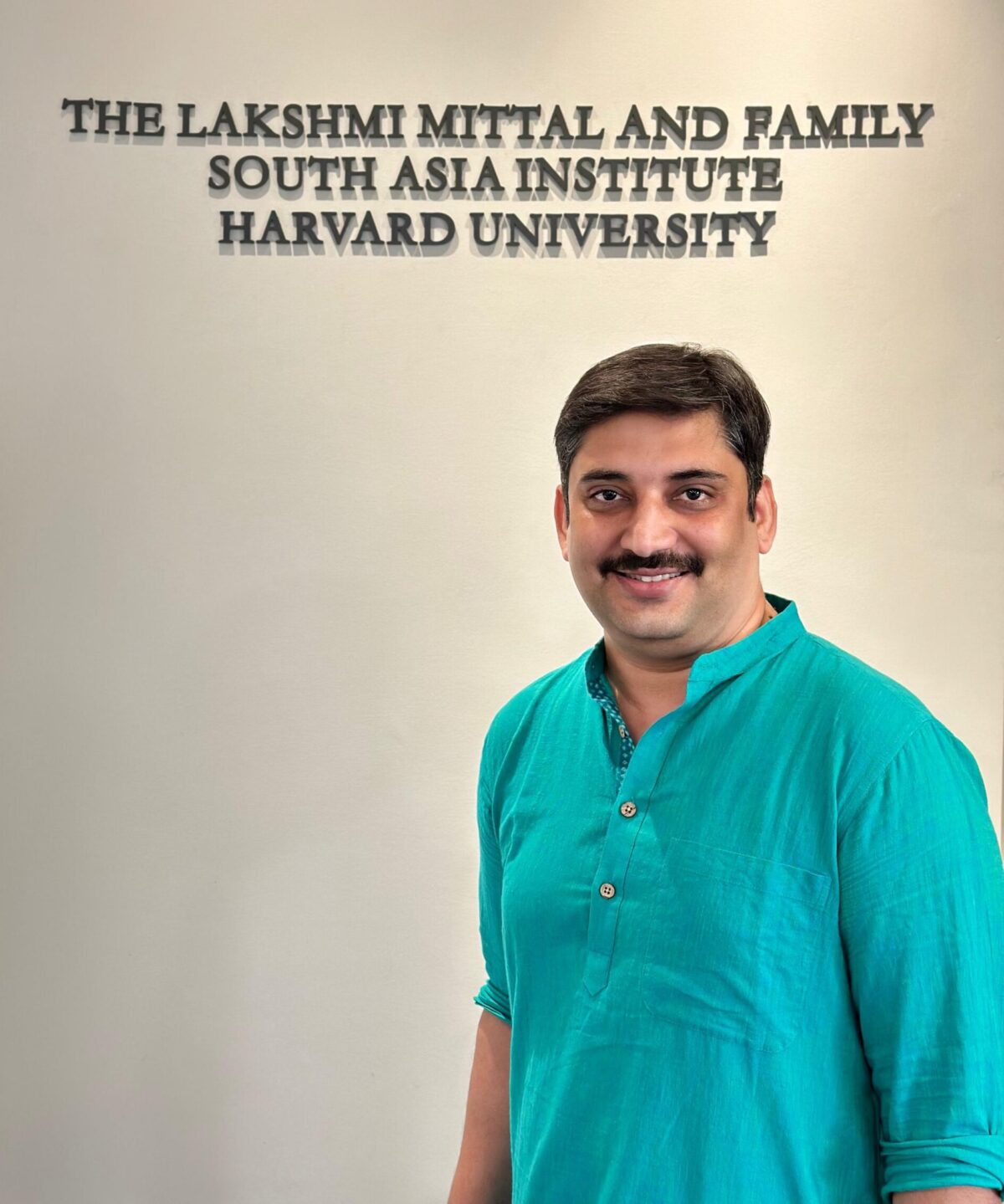Dr Robert Rahman Raman is currently working as a Post-doctoral research fellow at the Laxmi Mittal South Asia Institute, Harvard University. He is working with Prof. Sugata Bose, the Gardiner Professor of Oceanic History and Affairs in the History Department, Harvard University, on the project “Popular Mobilisation and Growing Polarisation: Urban Politics in Bombay During the 1940”. His project explores a range of popular mobilizations ranging from workers’ strikes to popular revolts like the Royal Indian Naval revolt and various contemporaneous currents of popular politics in 1940s Bombay to argue that alongside the communal polarisation, the post-war Bombay was marked by a plurality of historical experiences in the form of classed based mobilization and united anti-British popular upsurge and highlight the existence of alternate possibilities that were present at this historical conjuncture.
He has finished his PhD in Modern Indian History at the Centre for Modern Indian Studies (CeMIS), University of Göttingen, under Professor Ravi Ahuja. His doctoral research titled, “Decentring the History of Girangaon: Popular Politics and Muslim Workers in Late Colonial Bombay, 1919-1947” is a study of the popular politics and heterogeneous political culture of Bombay’s mill district (Girangaon) with a focus on the Muslim workers and their neighbourhoods to open a window of alternative understanding of the diversity and richness of this plebeian urban microcosm and its transformation in the first half of the 20th century. His primary research area lies within Modern Indian History, Labour History, Urban Studies, Popular Mobilisations and anti-colonial movements, with expertise in the history of Bombay’s mill workers. He holds an MPhil (by research), an M.A. in Modern India from the University of Delhi, and a B. A (Hons) in History from the University of Jamia Millia Islamia, New Delhi.

